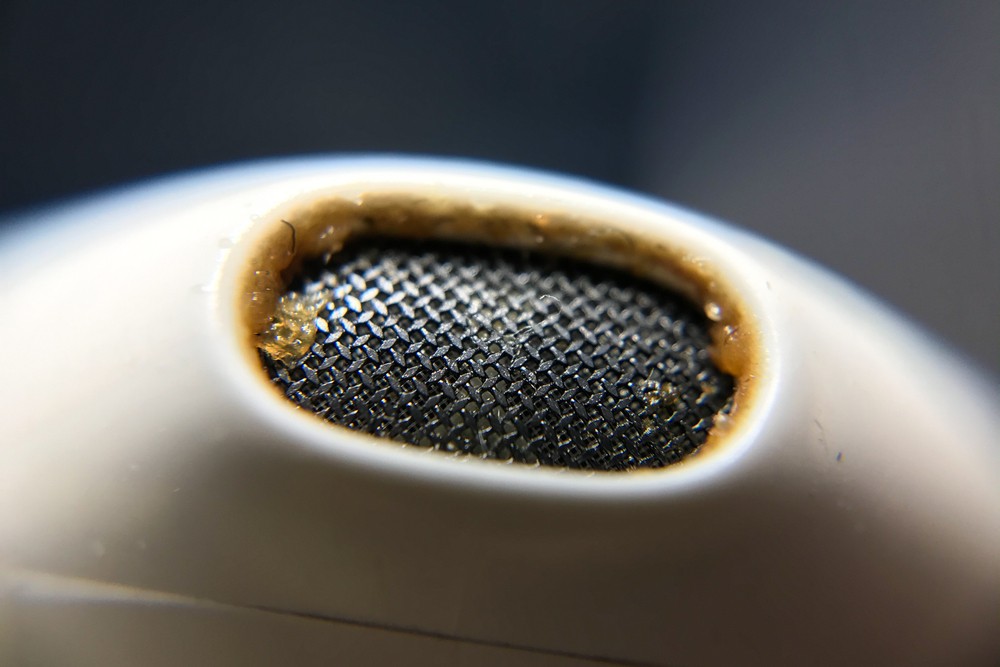Apple caused quite a stir when it started producing AirPod wireless headphones by default. Many critics argued that although the wireless design was convenient, it would have been prudent to include an option for wiring.
Others argued that the development was a long time coming, considering that many gadget manufacturers are making a decisive shift towards wireless technology.
This brings to focus an ongoing debate that doesn’t seem to have a definite outcome: between wireless and wired headphones, which is better? This article lays down the facts of each option’s strengths and weaknesses.
Settle the debate of wired vs. wireless headphones and find the right pair for your needs.
Wireless Headphones Explained

Wired headphones are the conventional headphones that use a jack and wire to transmit sounds from the main audio device to the headphones.
Wireless headphones are a bit more sophisticated. They don’t rely on wires to transmit sounds, as the designation suggests. Instead, they rely on Bluetooth wireless technology to transmit sounds from the primary audio device to the headphones.
This technical difference in wired and wireless headphones yields differences in other critical aspects of their performance. Here is an overview of how either model performs when it comes to the factors that really matter:
Sound Quality

Audio quality is the most important factor to consider in any headphone, regardless of its design. Technology is slowly bridging the gap, but wired headphones win hands-down – everything considered.
Wired headphones can support a maximum of 2,304 kbps, while wireless headphones currently support a standard of 768 kbps. Additionally, wired headphones can support higher sound levels compared to wireless ones.
Finally, the overall quality and volume levels in wireless earbuds depend on the Bluetooth connection’s strength, and you will notice the sound distort as you increase the distance between the headphones and primary audio device.
However, it is worth noting that wireless headphones are quickly catching up as Bluetooth technology advances. To this end, some of the latest, high-end wireless headphones work better than standard wired headphones.
Winner: Wired
Portability & Compatibility

Headphones have always been portable, regardless of their design. However, the design may increase or limit their portability to a certain degree.
Wired headphones are easily portable, but they always have to be tethered to the primary audio device to work. Additionally, their compatibility depends on whether the primary audio device has an audio port.
Fortunately, most audio devices (including virtually all smartphones) come fitted with an audio jack portal, and the audio jack has a universal design with a standard shape and measure.
It is worth noting that the modern iPhone no longer has an audio jack. You can, however, use a dongle to convert the power portal into an audio jack.
Wireless headphones are also portable, and they don’t always have to be tethered to the primary audio device to work – however, they have to be within the recommended distance range to work.
They are also almost universally compatible, as most audio devices feature an in-built Bluetooth transmitter. It essentially is a win-win for both parties.
Winner: Wireless
Comfort & Convenience

Comfort all depends on the maker and quality of the headphones, regardless of their design. However, wireless headphones win this contest in several key aspects.
The main convenience of wireless headphones is the absence of wires, which have many limitations. You don’t have to worry about entangled wires anymore, and you can move freely with your headphones on – however, you have to be within the set distance range.
This is not the case with wired headphones, as they always have to be tethered to the primary audio device.
Winner: Wireless
Costs & Maintenance

Headphones’ prices vary considerably, and it goes beyond the technical design – some makes and models cost thousands of dollars. However, the standard cost of wireless headphones is slightly higher than the cost of wired ones, all factors leveled.
Maintenance need for wired and wireless headphones also vary considerably – and, again, wireless headphones require a higher degree of maintenance compared to wired models.
For starters, they rely on a battery for power, unlike wired headphones which rely on the in-built wire. The battery gets depleted and recharged after some time – the standard storage time for headphone batteries is about six hours. This means that you have a limited listening duration, unless you have backup power.
P.S. Many wireless headphones have a fixed battery, but it is recommendable to get a pair with a removable and replaceable one. This is because the battery will eventually lose its energy storage capacity, and you would have to replace the whole headset if the battery is permanent.
Additionally, wireless headphones require a strong Bluetooth connection to work properly. Additionally, it may be necessary to upgrade your current wireless headphones to make them compatible with more modern variations of Bluetooth over time.
Wired headphones require some maintenance, too. Most notably, users have to be gentle with the wire to avoid damaging it. Users also have to keep the wire neatly wrapped at all times, or else it will get twisted and tangled.
Winner: Wired
Dual Headphones that are Wired and Wireless
Wired and wireless headphones have varying pros and cons, but there is a way to reconcile them and get the best of both: dual wired/wireless headphones!
These headphones are essentially wireless, but they can be attached to a wire transmitter, essentially turning them into wired headphones. They feature an in-build port where users can insert the wire when switching to the wired variation.
Dual headphones offer the convenience of wireless headphones and the power of wired ones. You can detach the wire when you want to move around and re-attach it for a variety of reasons: the battery running out, the Bluetooth signal getting lost, and when you want better audio quality and higher volume levels.
Verdict: Which is Better?
The answer to this question depends on your preferences. For instance, wireless headphones are the way to go if you want space to move around without worrying about wires. On the other hand, wired headphones are ideal if you want the best audio qualities.
However, having weighed all the technical aspects, it is fair to say that wired headphones are better than wireless models. It is also worth noting that wireless headphones are fast catching up – as fast as advances in wireless and Bluetooth technologies.







Add comment